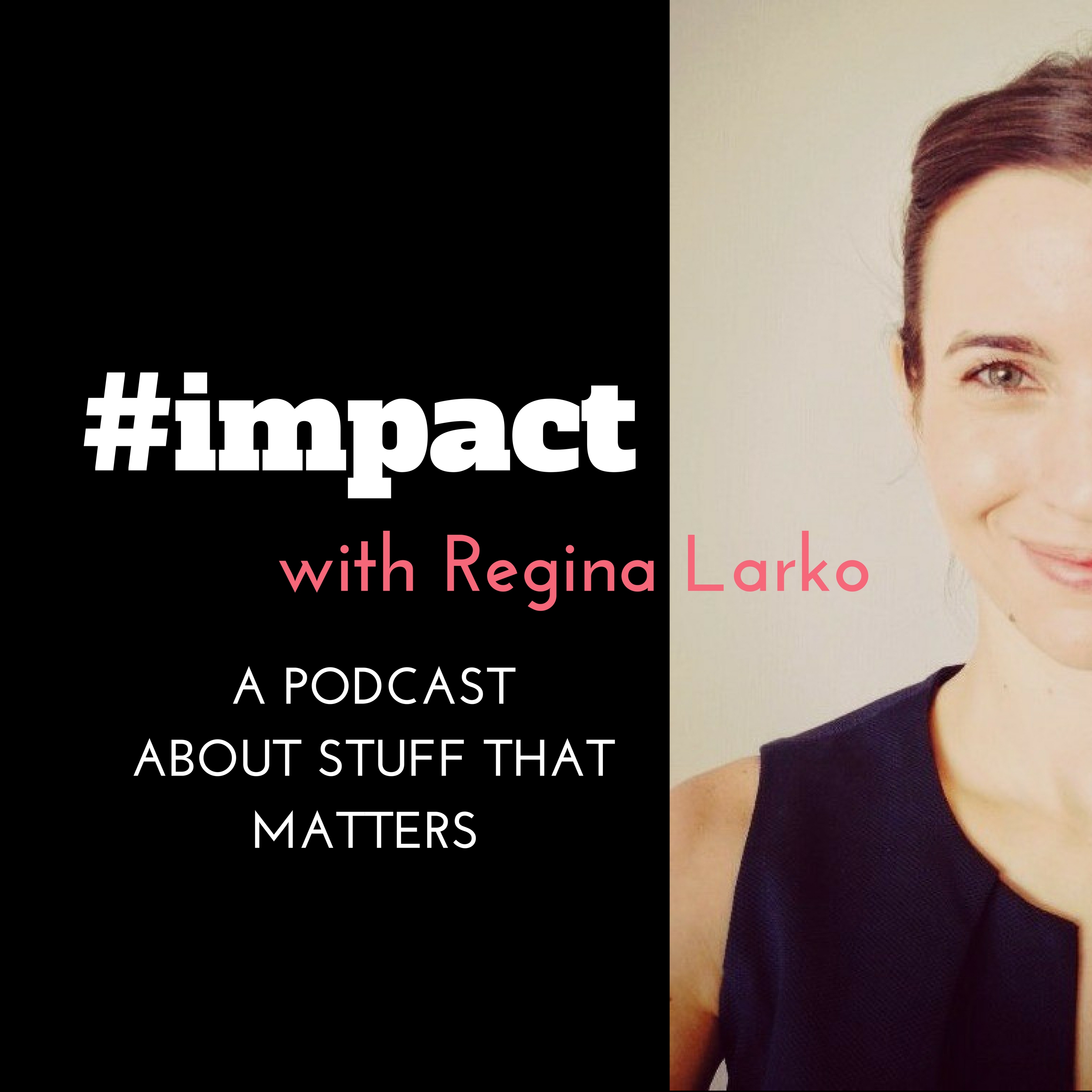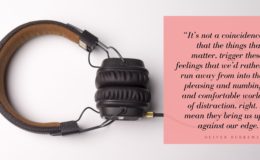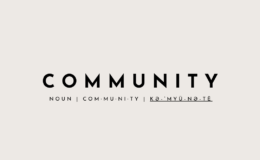One of the questions that Regina has asked on all of the episodes is whether organisations are measuring their impact.
Almost all of the guests expressed some negativity about impact measurement. Why? It sounds complicated. There’s no one way to do it. It’s depressing to see small numbers when you’re starting out. It’s hard to quantify some of the “softer” but equally important impacts. It will take years to deliver your ultimate impact.
However, if you are a social enterprise or NGO or purpose-driven business, you still need to try.
The most important reason to do it is for yourselves. As an organisation, you can only improve if you know how you’re doing. Since creating impact is why you exist, you need feedback on impact to know whether you’re successful or whether you need to make some tweaks to your product or service. As a bonus, some of the information that’s useful for you will also help you tell your story to investors, donors, customers, and beneficiaries.
To make it easier in early years of trading, don’t worry about measuring impact, but focus on evaluating your own progress towards impact. For instance, if you run a tutoring charity, you can start to track the number of students attending long before you will be able to measure how many students went on to university or increased their confidence levels.
Start by thinking about your purpose, the impact you’re trying to achieve.
Then consider the actions that your organisation takes to bring about that impact. Identify ways to track those actions – things that can be counted, summed up. Just start recording them on a simple spreadsheet on a weekly or monthly basis.
After you’ve made some progress towards your impact, think about how you can get feedback from customers, volunteers, or beneficiaries about the effects of your actions and how well they think you have performed. This is the easiest and most honest way to record all of those “softer” harder-to-quantify impacts you’re having on people. It can be captured through online surveys, video testimonials, interviews, or even just casual chats at first. Your first attempt at this doesn’t have to be perfect. Remember, any feedback is better than no feedback.
Take your impact measurement one step at a time.
Don’t be daunted by the end goal. For now, focus on what actions and interventions you can measure easily, and eventually you will get closer and closer to measuring the bigger impacts.
About the author:
Amanda Williams recently joined #impact Podcast to help promote the social innovation sector and provide more content for changemakers. She arrived in Hong Kong from the UK where she worked in start-ups, innovation and impact investing. She is passionate about equality, the ocean, renewable energy, and baking.
At #impact Podcast, we are also committed to taking those first steps to measure our impact. Help us to grow our impact by taking this short survey. It will only take a few minutes. Click HERE to start.



